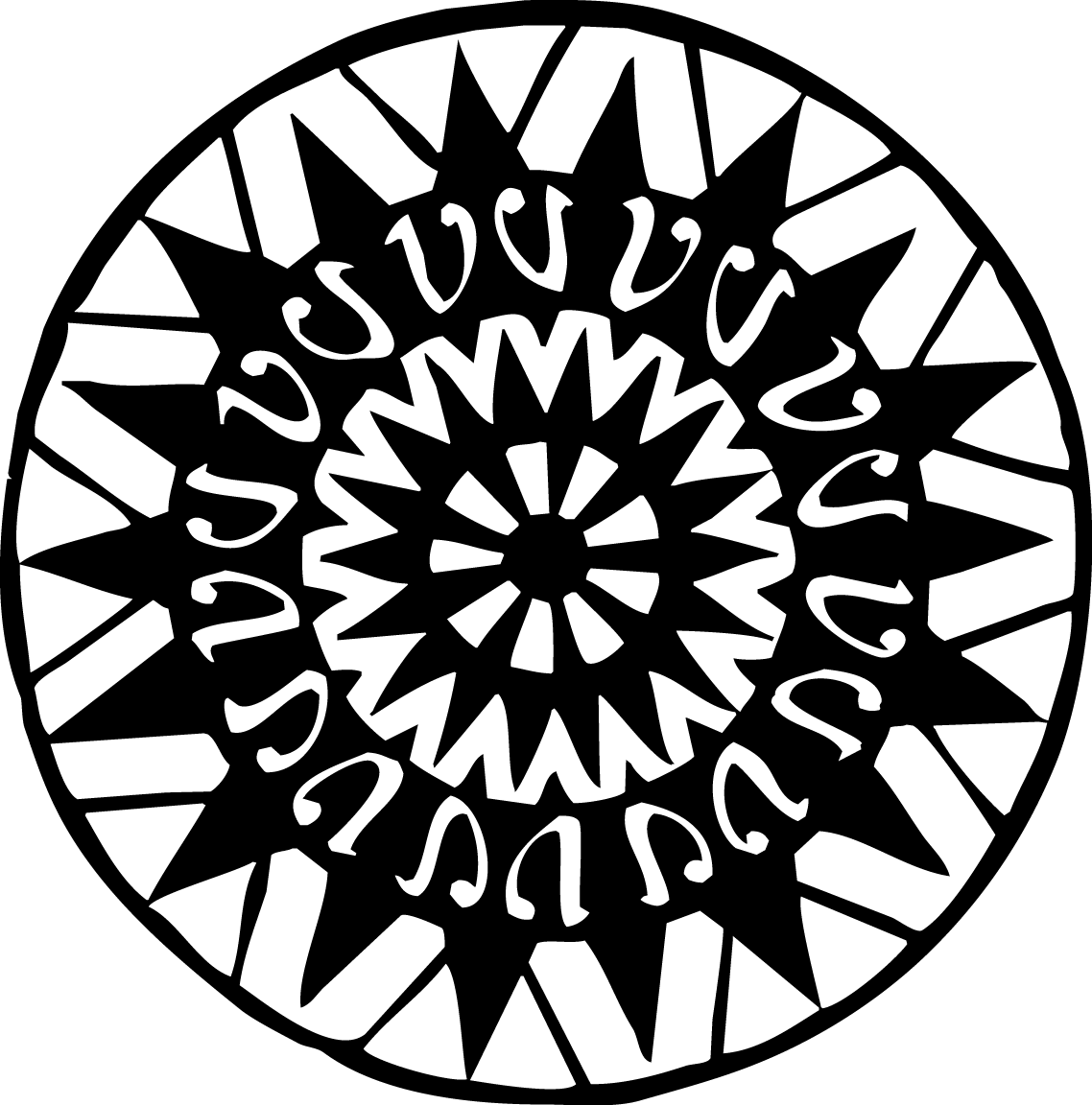I've previously written about Hogeway, the Alzheimer's village in Weesp, Netherlands. Hogeway takes the concept of assisted living and makes it bigger. Instead of mimicking a home, they mimic an entire village. If you're not familiar with Hogeway, it's worth exploring.
The Humanitas home in Deventer, Netherlands is just as impressive.
University students and the elderly are co-habitating in a village designed for the elderly. The six university students enjoy free rent in exchange for 30 hours of volunteer time with 160 senior residents. While volunteering the students teach the residents about computers, complete shopping and keep the residents company–especially if a resident has fallen ill.
With the rising cost of secondary education and healthcare for the elderly, a model like this is genius. The elderly residents are able to benefit from the interaction with the students, while the students get the chance to learn what it's like to live in a multi-generational environment.
By offering each group intimate exposure to disparate populations you allow opportunities for innovative conversations. Perhaps a computer science major will consider the elderly when writing a computer program. Or a psychology major will be better able to relate to a caregiver who is feeling overwhelmed. Or a nursing or physical therapist student will be able to understand what it takes to navigate a home when you're not in tip top shape.
For me, an environment like this would have been a great test for my patience and emotional intelligence at 20–and that would have been worth it.
Read more about Humanitas:
Stephanie Thomas is cur8able, curating clothing and lifestyle products that are accessible /smart/ stylish for people with disabilities.
A video game, Forget-Me-Knot, helps people understand what it is like to have Alzheimer's.
BrainDance is a collaborative project bringing together dance choreographers, neuroscientists, physicians, philosophers and people with Parkinson's disease to explore movement.
The dying process is messy. It’s hard on everyone. It’s confusing. It’s painful. It’s the beginning of your grief. Talking about it early will help the survivors cope.
Emily McDowell made empathy cards to say all the things that are difficult to say.
As your parents and loved ones grow older you start to notice subtle differences in the way they live their lives. These modifications generally come after something has happened.
A wearable device that allows you to send messages with simple gestures.
Personal experience helped a Boy Scout create a wearable to prevent Alzheimer's patients from wandering.
An online decision tool that helps family caregivers make health and care decisions.
Suggestions for using social media, and the web, to help with caregiving.
My submission for SXSW 2015.
A few tips for using social media to help with caregiving. These tips were presented at the Triangle Caregivers Conference in Raleigh and Durham in 2014.
The McNabb Center in Eastern Tennessee helps children, adults and families with addiction, mental illness and social challenges.
A campaign to help deal with the awkwardness we sometimes feel around people with disabilities.
In a recent conversation I was asked about caregivers who are kicking ass at caregiving. There are many examples of caregiving done right.
A summary of Fringe Design: Tackling Disability and Death at SXSW (with Evan Carroll).
Going beyond "let me know how I can help."
I am uncomfortable with the word disabled.
An overview of the core conversation conducted with Evan Carroll at SXSW.
Seven things you should know if you're building an online community.
Tim LaFollette and the Often Awesome Army.
We prefer to consider those at the fringes of life. Yes, we’re talking about incapacitation and death. It’s not fun. It’s not sexy. And it certainly won’t inspire the next wave of thoughtful design. Or will it?
As healthcare costs rise and we grow older, we find ourselves at an impossible impasse; jobs that provide dedicated healthcare to people who really need it are not desirable.
People misunderstand how Alzheimer’s affects the lives of caregivers and those with memory problems.
When you see someone wearing a cause wristband, ask them about it.
Scientific-minded individuals with personal experiences conduct research to validate what they have experienced. This gives us an opportunity to make progress.




























The US transportation system falls short for the elderly. Understanding why can make it better.